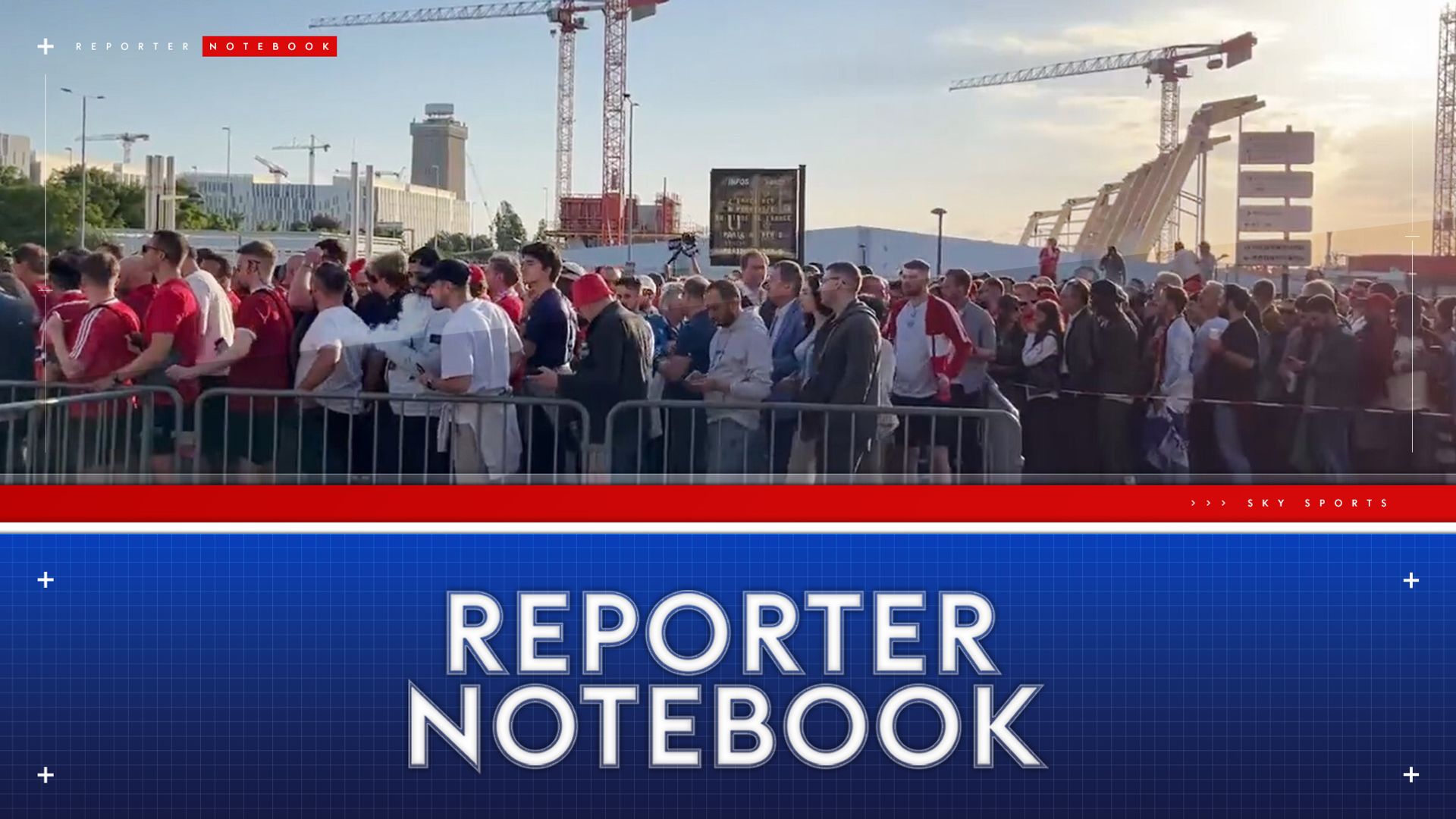Survey: Prison “Indigence Policies” Deprive Those in Need of Free Basic Necessities
In 18 states people are required to go into debt for access to basic necessities.

A 50-state survey has found that while most prison systems claim to provide assistance to people who are extremely poor, “indigence policies” are extremely limited, with almost every state and federal prison requiring incarcerated people to maintain extremely low balances in their “inmate trust funds” before receiving any help with essential items like soap and stamps and providing few resources to even those who do qualify, reports the Prison Policy Initiative. In 18 states the assistance given to indigent people is actually treated as a loan they must repay if their account balance ever goes up, meaning that people are required to go into debt for access to basic necessities.
41 states and the federal Bureau of Prisons have an actual definition for indigence, with the remaining nine states having no easily accessible definitions. The lack of transparency makes it difficult to hold prisons accountable for doing the bare minimum to support the poorest incarcerated people. The monetary thresholds for indigence status range from a low of $0 to a maximum of $25. Over half of states have their limits set between $0 and $10. Additionally, most states require that people keep these low balances for at least a month before qualifying. Four states put additional work-related requirements on who can qualify for indigence, by limiting the status to those who are incapable of working, are “involuntarily unemployed,” or are actively seeking work. Eighteen states require indigent people to pay the department of corrections back for at least some of the services they receive while deemed indigent. In at least seven states, correctional agencies don’t appear to offer any services or supplies for free without the expectation of repayment.

 Landwebs
Landwebs 


















